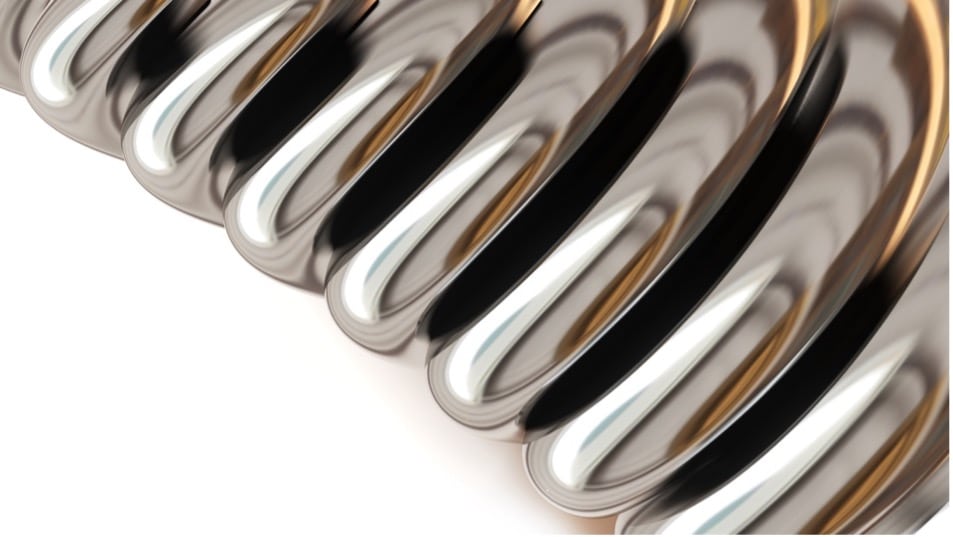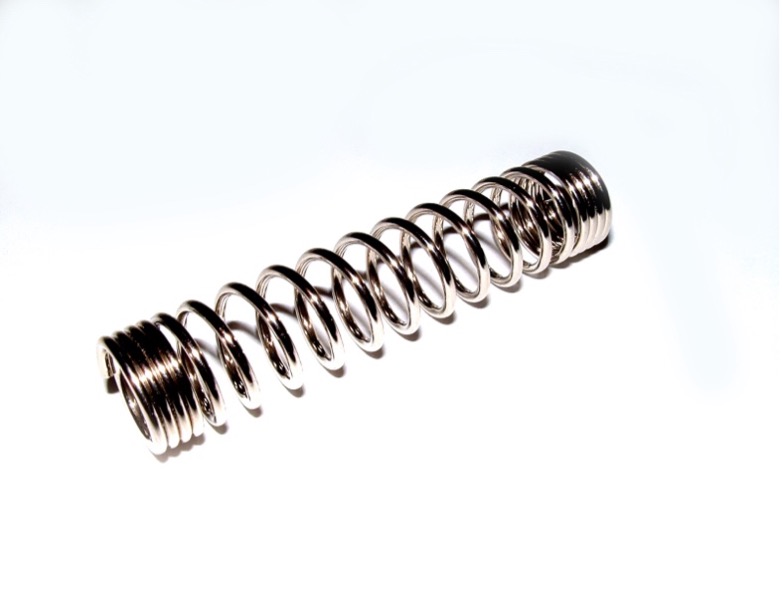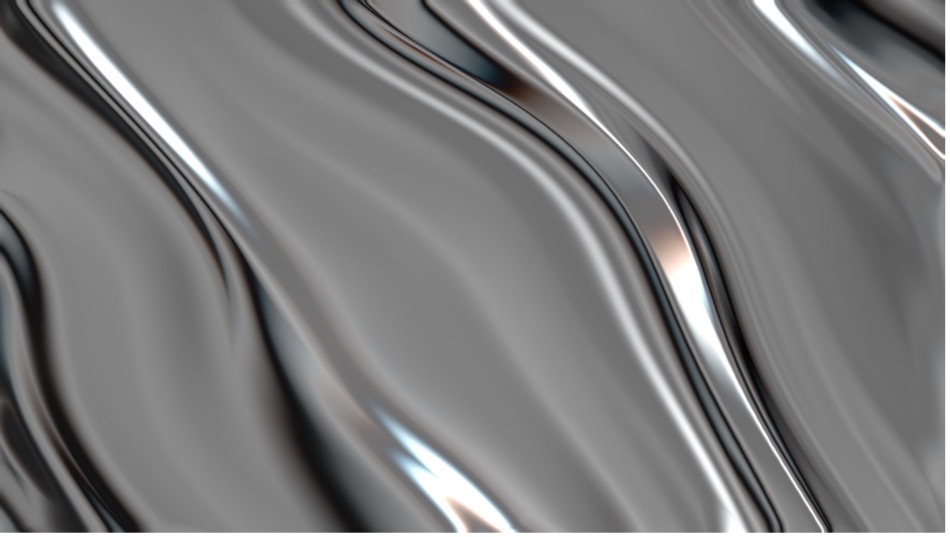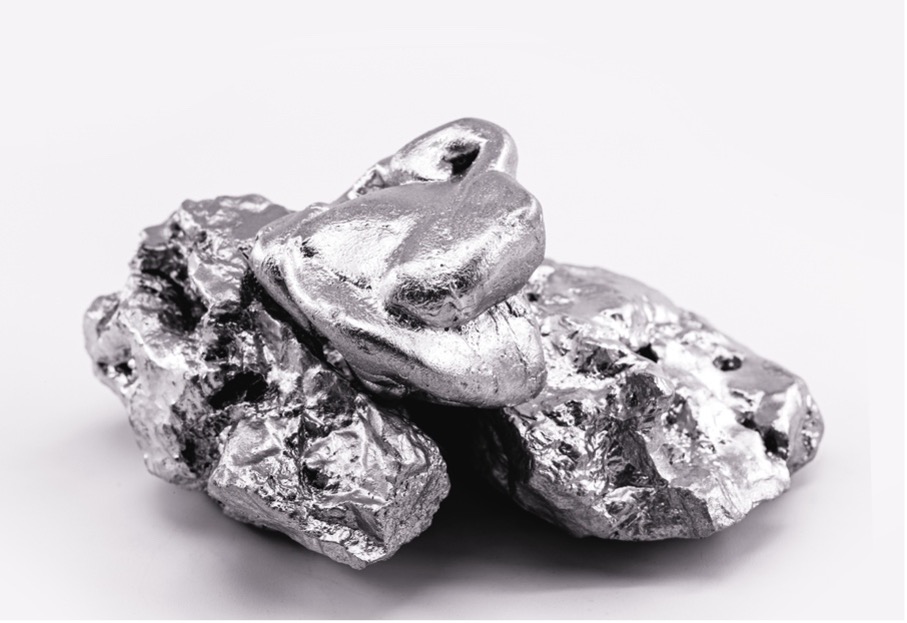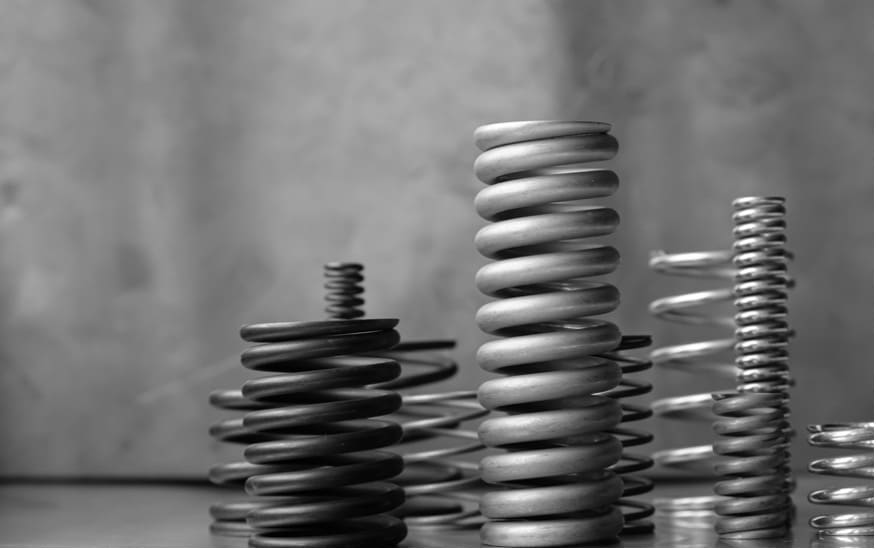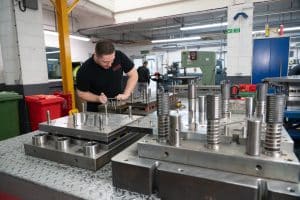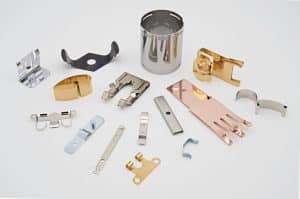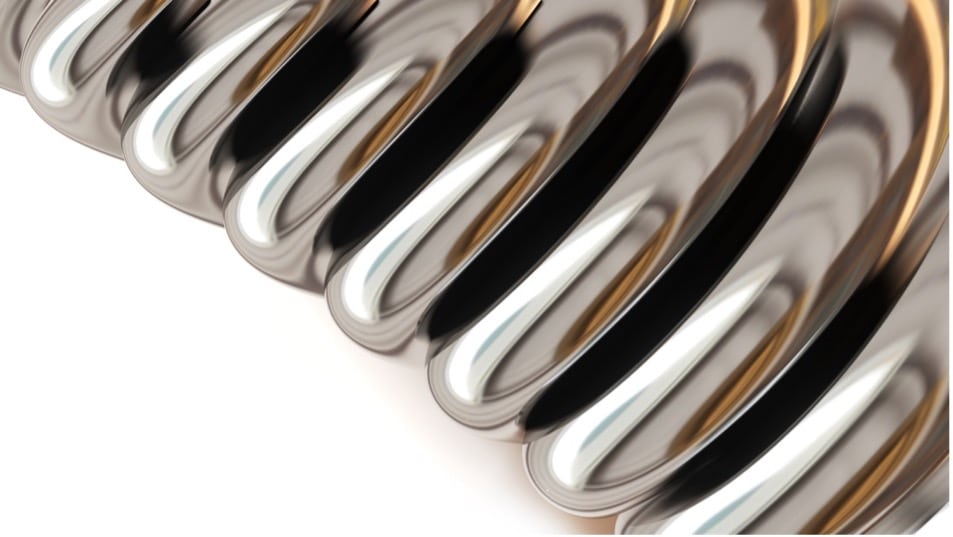
Springs are key components found in an enormous amount of machinery, vehicles, and countless other complex systems across various industries, some of which are extremely challenging due to harsh environments. Here, corrosion emerges as a formidable enemy, compromising materials, lifespans, and overall safety of the equipment springs support due to significant deterioration.
To avoid this and maintain structural integrity and operational reliability, plating surface treatments are the most effective solutions, as they create a barrier against those factors that cause corrosion. In this blog, we will use our knowledge and experience as spring manufacturers to explore the various types of plating solutions available, focusing on their characteristics, invaluable benefits, and overall effectiveness in resisting corrosion.
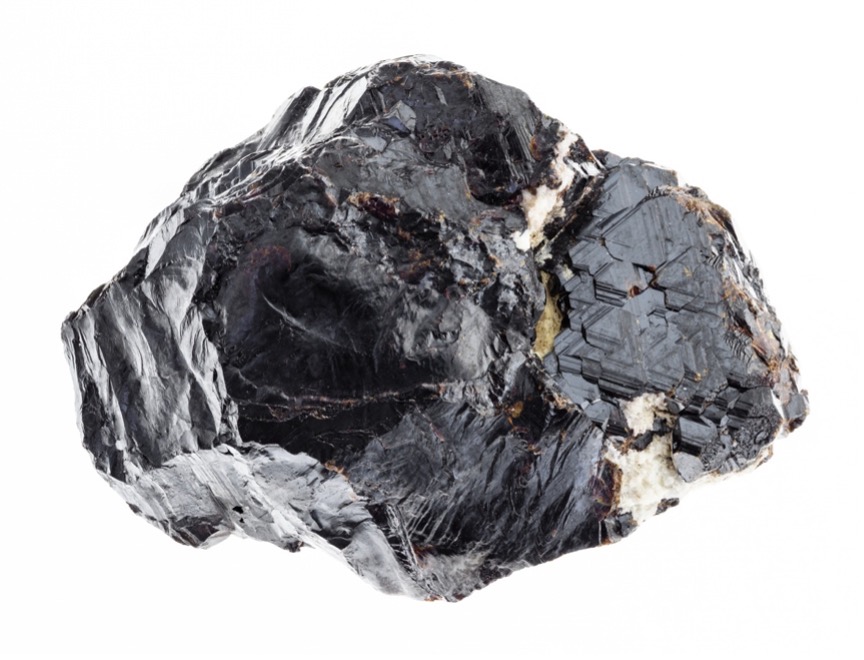 Zinc Plating: The Secret Behind Long-Lasting Springs
Zinc Plating: The Secret Behind Long-Lasting Springs
Zinc plating is one of the most widely used methods for improving the corrosion resistance of springs. It consists of coating the component with a layer of zinc, which acts as a sacrificial anode. As zinc is more reactive than the steel typically used in spring manufacturing, it corrodes first, protecting the underlying material. This action is particularly relevant in lifespan extension, especially in harsh environments – such as the marine sector – where they are exposed to moisture and other corrosive elements (in this case, salt).
In terms of application, zinc plating is relatively straightforward and cost-effective, which makes it a popular choice in many industries. In the power sector, for example, where equipment is often battered by challenging outdoor conditions, zinc-plated springs resist rust and degradation successfully.
For durability, zinc coatings can be enhanced with additional treatments, such as chromate conversion coatings, for an extra layer of protection. Additionally, the bright, shiny finish obtained makes zinc-coated springs particularly desirable in visible applications.
Nickel Plating to Enhance Strength and Shine
Whether torsion springs, compression springs, or tension springs, nickel plating involves adding a supplementary layer of nickel onto their surface through an electroplating process. Thanks to nickel’s inherent resistance to oxidation, the final spring benefits from an excellent protective barrier against corrosion alongside increased hardness and improved wear resistance, which contributes to its enhanced longevity and performance.
Nickel plating is particularly valuable as a protective method due to its ability to withstand extreme temperatures and harsh environments. A fitting example could be springs in hydroelectric power, including turbines, generators, and other critical equipment, which often operate under severe conditions. Thanks to nickel plating, they maintain their structural integrity and functionality over extended periods. The resulting smooth, uniform finish offered by this process also reduces friction and wear, a vital aspect of ensuring the efficiency of moving parts within complex machinery.
Chrome Plating for Reflective Strength
Chrome plating is renowned for its outstanding hardness and shiny aesthetic appeal. The coating layer provided by this highly demanded material improves the durability and appearance of any spring type. The plating process sees the application of a thin layer of chromium to the surface of the component, resulting in an exceptionally reflective and tough coating. Its ability to resist corrosion, oxidation, and wear makes it a standout choice for springs heavily exposed to extremely challenging environments.
By benefitting from the robust protection offered by chrome plating, springs used in hydraulic valve systems or other high-stress applications easily exhibit unmatched mechanical strength and corrosion resistance. The most distinctive feature of this coating is that it withstands harsh chemicals and high temperatures, offering an incredibly reliable performance in demanding conditions. Last but not least, the smooth surface of chrome-plated springs reduces friction and wear, improving the overall efficiency and lifespan of the equipment which uses them.
Electroless Nickel: Precision Coating for Perfect Springs
In industries where springs operate in corrosive and high-temperature environments, electroless nickel plating is particularly advantageous.
This unique plating technique offers extraordinary uniform coverage and excellent corrosion resistance. Unlike traditional electroplating, which relies on an electric current, electroless nickel plating involves a chemical reaction, where a layer of nickel-phosphorus alloy is deposited onto the spring surface. This guarantees an even coating, even on complex geometries and hard-to-reach areas, providing complete protection.
The phosphorus contained in the coating reinforces the components’ corrosion resistance, and, especially in custom spring designs, our team will tailor it to meet specific environmental challenges, especially in custom springs. Electroless nickel plating also provides superior hardness and wear resistance, which is particularly valuable for springs exposed to repeated mechanical stress. All in all, this effective plating solution is ideal for applications such as electrical connectors, circuit breakers, and other components where precise performance is non-negotiable.
Green and Tough: The Benefits of Organic Coatings
Finally, they may be less frequent, but organic coatings are a fantastic, versatile, and extremely effective solution for protecting springs against corrosion damage. They can be designed to offer specific functional properties, such as low friction or increased adhesion, extending the utility of springs in diverse uses.
These coatings are typically composed of polymers or other organic compounds, providing a flexible and resilient barrier that can confidently face a wide range of environmental conditions. Unlike metallic coatings, organic coatings can be applied in various thicknesses and formulations to meet specific requirements, meaning they are completely customisable. They often are an obligated choice across various industries in applications where traditional metal coatings might not be suitable. For example, springs in electronic devices, battery systems, and other sensitive equipment benefit from the non-conductive properties of these coatings. It is worth mentioning an additional advantage: spring types featuring organic coatings resist not only moisture and chemicals but also UV radiation, ensuring long-term protection and durability.
Make Your Springs More Resistant with European Springs
As a leading spring supplier at European Springs, we excel in providing advanced plating solutions for your springs and offer a variety of surface treatments to meet the needs of diverse industries. These treatments include heat treatment, barrelling, and de-burring, each designed to enhance the performance and durability of our springs.
Our flexible approach ensures that our springs can withstand the toughest environments and deliver the most reliable performance. Browse our spring catalogue or contact us directly to discover how we can help your business achieve more long-lasting solutions.
